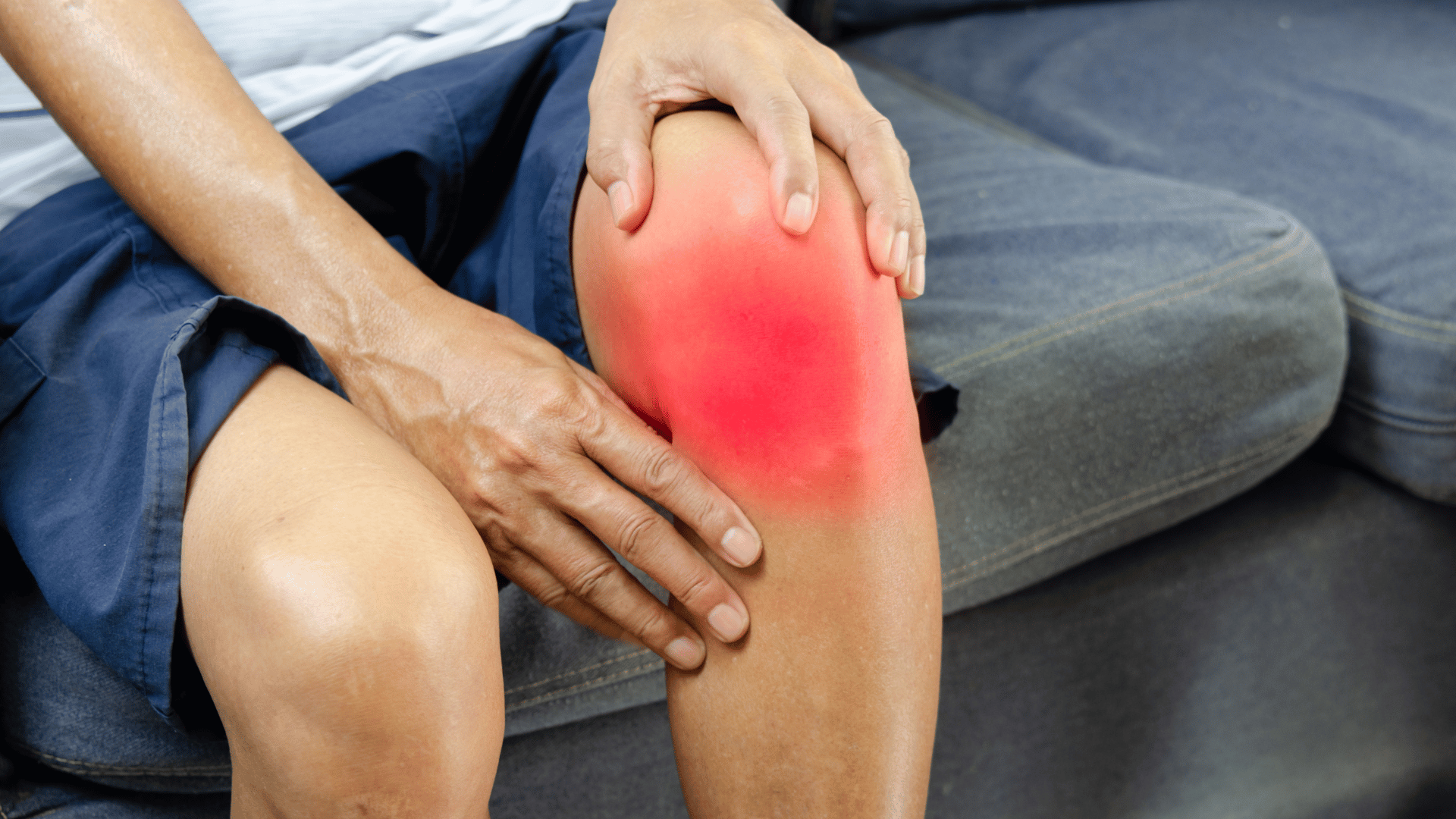What are Knee Joint Problems?
The knee joint is one of the largest and most complex joints in the body, responsible for walking, sitting, standing, and overall mobility. Knee problems may arise due to injury, wear-and-tear, arthritis, or imbalance in the body’s natural systems. They often manifest as pain, stiffness, swelling, or difficulty in movement.
In Ayurveda, knee joint disorders are often linked to Vata imbalance, which causes dryness, degeneration, and weakness in the bones and joints.
Who is Prone to Knee Joint Problems?
Knee issues are common among:
- Older adults (age-related wear and tear)
- People with arthritis (osteoarthritis, rheumatoid arthritis, gout)
- Athletes or those with sports injuries
- Obese individuals (excess body weight puts stress on knees)
- People with sedentary lifestyles
- Those with calcium or vitamin D deficiency
- Women (due to hormonal and structural differences)
Possible Risks of Knee Joint Problems (If Ignored)
Untreated knee problems may lead to:
- Chronic pain and stiffness
- Limited mobility or difficulty walking
- Swelling and inflammation
- Weakness in leg muscles
- Progression to severe arthritis or joint deformity
- Risk of disability and reduced quality of life
Ayurvedic Approach to Knee Joint Care
Ayurveda aims to reduce inflammation, nourish the joints, and balance Vata dosha through natural remedies, therapies, and diet.
1. Panchakarma Therapy (Joint Healing & Detox)
- Abhyanga (oil massage) – relieves stiffness, improves circulation
- Janu Basti – warm medicated oil retained over the knee joint for pain relief
- Basti (medicated enema) – balances Vata and nourishes joints from within
- Pinda Sweda (herbal bolus massage) – reduces inflammation and stiffness
2. Knee-Friendly Diet (Pathya Ahar)
- Warm, nourishing foods (khichdi, soups, milk with turmeric)
- Calcium and vitamin D-rich foods (milk, sesame seeds, leafy greens)
- Anti-inflammatory foods (ginger, garlic, turmeric)
- Soaked dry fruits (almonds, walnuts, figs)
- Avoid excessive junk food, red meat, cold and dry foods
3. Daily Rituals (Dinacharya)
- Regular oil massage on joints (sesame or medicated oils like Mahanarayan oil)
- Mild stretching and yoga daily (avoid overstraining)
- Adequate sun exposure for vitamin D
- Keeping weight in check to avoid extra load on knees
- Warm baths or hot compress to relieve stiffness
4. Herbs for Knee Joint Health
- Ashwagandha – strengthens bones & muscles
- Shallaki (Boswellia) – natural anti-inflammatory
- Guggulu – reduces swelling & stiffness
- Turmeric (Curcumin) – joint pain relief
- Methi (Fenugreek seeds) – strengthens joints and reduces pain
- Nirgundi – powerful pain-relieving herb
5. Yoga & Pranayama
- Vrikshasana (Tree Pose) – improves balance & leg strength
- Setu Bandhasana (Bridge Pose) – strengthens knees and thighs
- Supta Padangusthasana (Reclining Hand-to-Big-Toe Pose) – stretches leg muscles
- Anulom-Vilom – balances energy and reduces stress
- Gentle walking – keeps the joints active without strain


